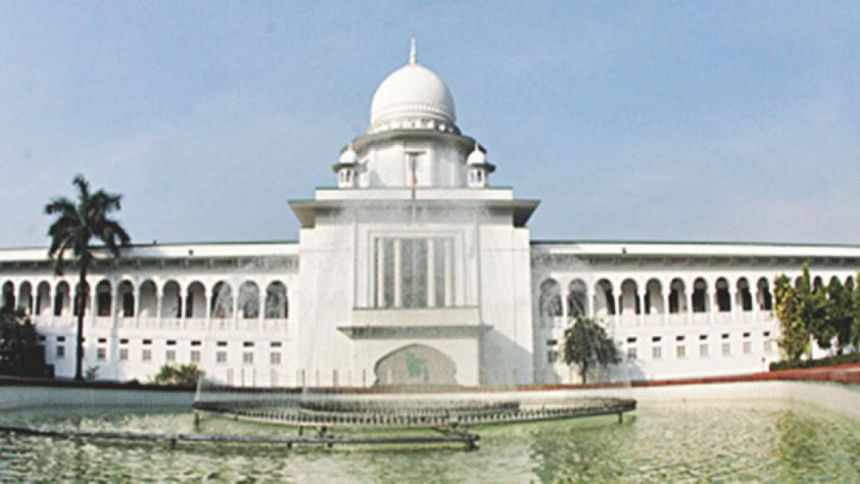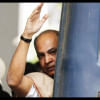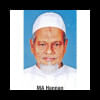SC verdict on war criminal Qaisar's plea Jan 14

The Supreme Court has set January 14 to deliver verdict on an appeal filed by convicted war criminal Syed Mohammad Qaisar challenging the death penalty handed to him by a war crimes tribunal in 2014.
A four-member bench of the Appellate Division of the SC headed by Chief Justice Syed Mahmud Hossain fixed the date after concluding hearing on the appeal today.
During the hearing, Qaisar’s lawyers Khandaker Mahbub Hossain and AKM Shahjahan prayed to the apex court to acquit their client.
The 78-year-old Qaisar, a former state minister of HM Ershad regime, was innocent and was not involved in any crimes against humanity, the lawyers told the court.
Meanwhile, Attorney General Mahbubey Alam requested to the SC to uphold the judgement of the war crimes tribunal and said the allegation against Qaisar have been proved.
The International Crimes Tribunal-2 on December 23, 2014 awarded death penalty to SM Qaisar for committing crimes against humanity during the country’s Liberation War in 1971.
BACKGROUND
The International Crimes Tribunal-2 on February 2, 2014 indicted Syed Mohammad Qaisar, a former state minister of the Ershad regime, on 16 charges of crimes against humanity and genocide committed in Habiganj and Brahmanbaria in 1971 war.
Qaisar of Itakhola village at Madhabpur in Habiganj joined Convention Muslim League in 1962 and was elected a member of Sylhet District Board in 1966, according to the indictment order.
He contested the 1970′s election as an independent but was defeated. During the Liberation War, he was allegedly associated with the occupation army and carried out atrocities in Habiganj and Brahmanbaria. After going into hiding he returned in 1978.
Qaisar was elected an MP in the 1979 parliamentary election as an independent. He joined BNP and became the president of BNP Habiganj unit. In 1982, he became the joint secretary general of BNP [Shah Azizur Rahman group].
He joined Jatiya Party and was elected from Habiganj-4 in 1986 and 1988 and became the state minister for agriculture of HM Ersahd's government. He contested parliamentary election in 1991, 1996 and 2001 as a JP candidate.

 For all latest news, follow The Daily Star's Google News channel.
For all latest news, follow The Daily Star's Google News channel. 







Comments